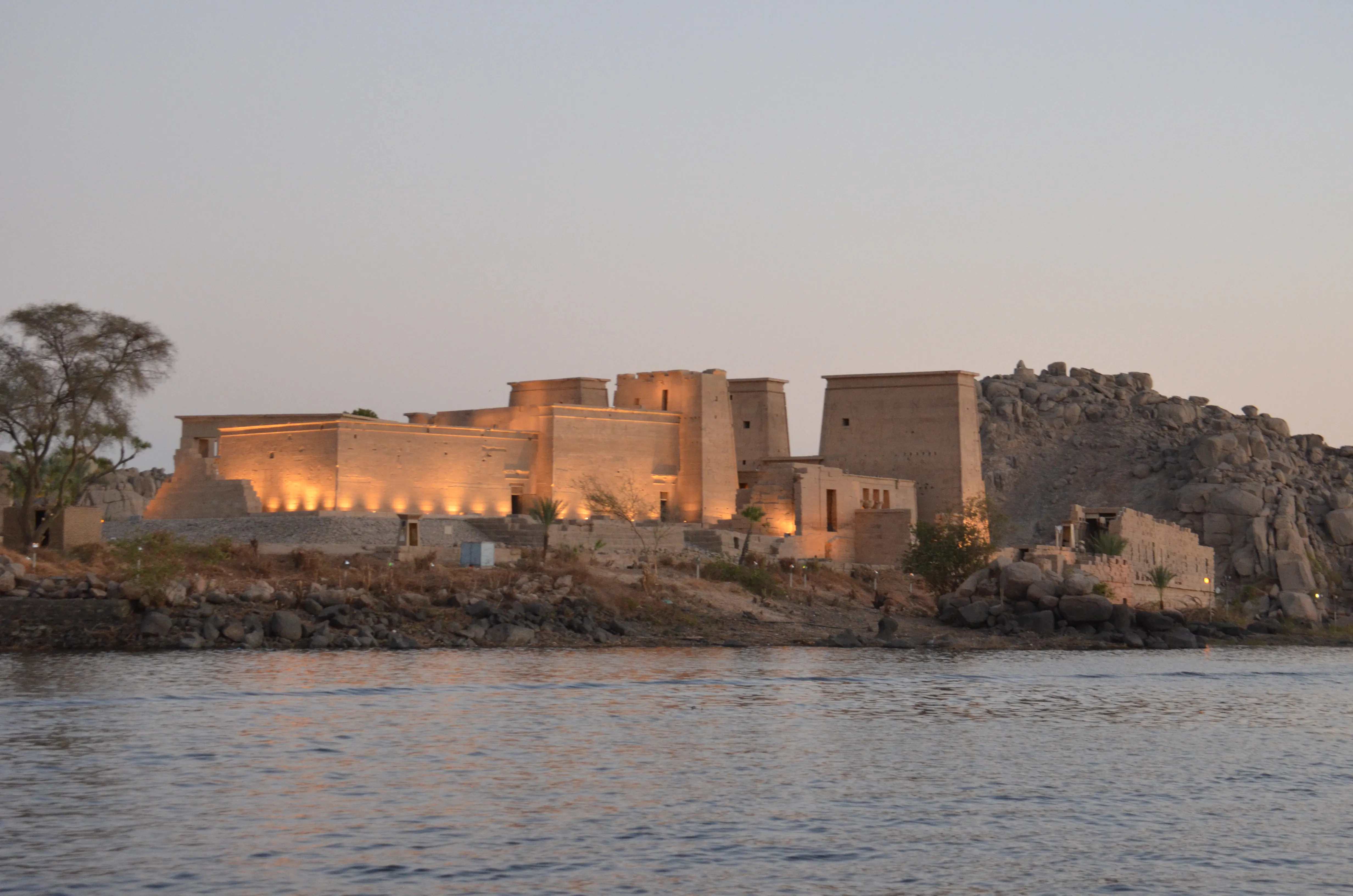
For thousands of years, the Nile has fascinated civilizations. The cradle of ancient Egypt, this mythical river is as intriguing for its historical importance as for the mystery surrounding its origins. Let's meet its sources and discover how to experience the Nile today.
The Nile, a river some 6,700 km long, is the result of a merger between the White Nile, which rises in Lake Victoria on the border between Uganda, Tanzania and Kenya, and the Blue Nile, which rises in the waters of Lake Tana in Ethiopia.
It flows and irrigates its shores until it empties into the Mediterranean Sea, at whose mouth it forms an immense delta in northern Egypt. In ancient times, it proved indispensable to the Egyptians, who used it as a means of transport. An abundant and generous river, it irrigates and fertilizes the regions that border it, thanks to its annual floods, which enable the cultivation of wheat and barley, among other crops. The ancients built their most beautiful cities along its banks.
Even today, its waters bring prosperity and agricultural abundance, and are redistributed via the Aswan High Dam, which forms Lake Nasser's water reserve. Construction of the dam in the 1970s necessitated the relocation of several temples, including those at Abu Simbel, which would otherwise have been swallowed up.

The mystery of the Nile's source has captivated explorers and geographers for centuries. In ancient times, the Egyptians and Greeks knew that the Nile came from the south, but were unaware of its precise origin. It was in the 19th century that the great expeditions took place.
In 1858, British explorer John Hanning Speke identified Lake Victoria as one of the main sources of the White Nile, in the heart of East Africa. He named the lake after Queen Victoria. However, this discovery was controversial at the time, particularly with his expedition companion Richard Francis Burton.
The Nile actually has two main sources:
These two major branches join at Khartoum, Sudan, to form the Nile we know in Egypt. The Blue Nile, though shorter, provides most of the water and rich silt during floods.
An exciting program awaits you, including a meeting with the villagers to discover their way of life in Aswan and Luxor. As an option, you can also attend a fabulous sound and light show at Karnak.
Discover the hidden treasures of Cairo, the Egyptian capital. From the Citadel to the Grand Bazaar, visit the first wonders of the world, must-sees in the intellectual and cultural capital of the Arab world. Then discover ancient Egypt, the mother of civilizations, which has fascinated the whole world since time immemorial.
Don't miss a cruise to the heart of the most beautiful sites in Upper Egypt, where the activities of an Egyptologist lecturer and a CroisiEurope guide on board will make your trip an exciting one.
Aboard a top-of-the-range, intimate boat, your Nile cruise will take you as close as possible to the cities and monuments. Book your cruise to the land of the Pharaohs now.
